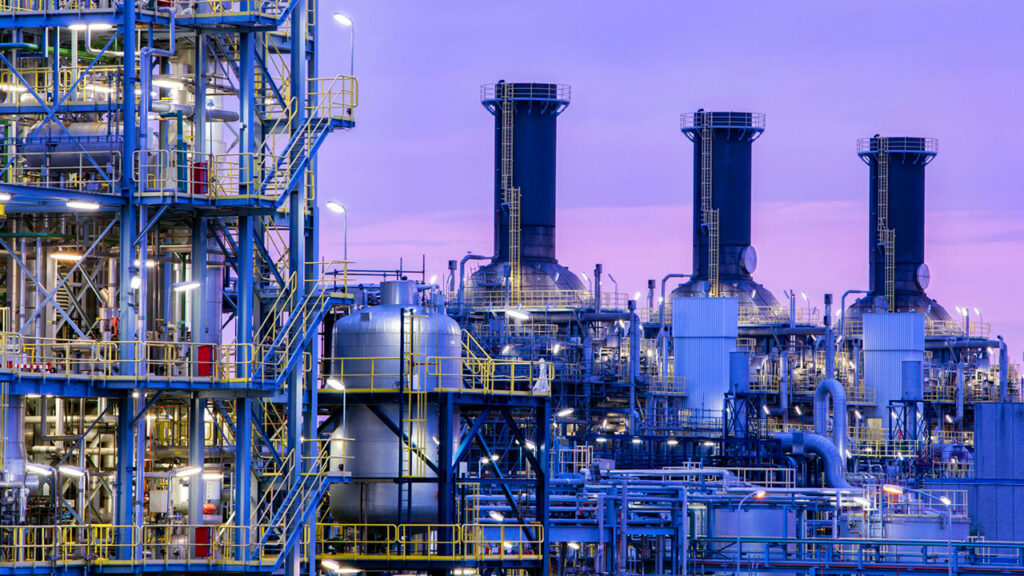By Christopher Okpoko
The Federal Government of Nigeria (FGN) recently approved the issuance of licenses to six new companies to import petroleum products into the country. According to the Managing Director of Nigeria Mainstream and Downstream Petroleum Regulatory Authority (NMDRA), Farouk Ahmed, as reported in the media, apart from the newly-approved six firms, several companies applied for permit to import petroleum into Nigeria and anyone can apply for importation to get access to the port as the authority is open to all those interested in importing.
Recall that former President, Muhammadu Buhari while inaugurating the Dangote petroleum refinery – which he described as an illustrious project expected to catalyze the transformation of Nigeria’s energy sector, stated that the facility has the capacity to process 650,000 barrels a day of crude which would enable “our country to achieve self-sufficiency in refined products, and even have some surplus for export”. Furthermore, he stated that the coming on stream of the project is expected to mark Nigeria’s exit from the league of oil-rich nations which are heavy importers of petroleum products.
Similarly, Alhaji Aliko Dangote, while addressing guests at the event promised that petroleum products from the refinery would circulate in the Nigerian market soon. In fact, according to The Cable report, he said “Our first goal is to ramp up projections of various production to ensure that within this year, we are able to fully satisfy our nation’s demand for higher quality products to enable us to eliminate the tragedy of import dependency and stop, once and for all, the dumping in our market of toxic substandard petroleum products” and that “Our first products will be in the market before the end of July, beginning of August this year.”
Nigeria’s economic aspiration is encapsulated in the Vision of Agenda 2050 that Nigeria will be a dynamic, industrialized and knowledge-based economy that generates inclusive and sustainable development with the following associated broad objectives:
- To create a stable and predictable macroeconomic environment by adopting policies that are consistent with raising domestic savings and investments;
- To establish a solid foundation for a diversified, private sector-led economy, a more resilient business environment that creates and supports opportunities for Nigerians to realize their potentials;
- To invest in critical physical, financial, digital, and innovation infrastructure;
- To build a solid framework and heightened capacities to strengthen security and ensure good governance;
- To enable a vibrant, educated, and healthy population;
- To effectively address demographic issues; and
- To evolve into an economic hub in Africa and play a leading role in various regional agreements such as AU Agenda 2063, AFCFTA, and ECOWAS Trade Liberalization Scheme.
Consequently, the plan to keep importing petroleum products is certainly not in the best interest of Nigeria; more so, when the Dangote refinery’s initial products are expected to be ion the market by August 2023. Furthermore, the Group Managing Director of the Nigerian National Petroleum Corporation (NNPC) Limited, Mele Kyari, was reported in the media to have disclosed that the NNPC has a total refining capacity of 445,000 barrels in four refineries in three locations; and promised that the Port Harcourt refinery, will start producing fuel this year (2023) and by the first quarter of next year, Kaduna will start producing fuel
Some economists argue that to continue the importation of petroleum products when our refineries are producing will definitely impact adversely on the Nigerian economy in several aspects as follows:
- At the micro level, imports affect competition by increasing supply in the domestic market. Consequently, there is more pressure on prices and profitability in the domestic market.
- At the macro level, imports can affect indicators such as inflation and exchange rates. They also represent a leakage where income created in the domestic economy flows out and cannot be used to produce further goods and services.
- Imports increase competition in the market. Domestic producers must deal with foreign players through the products they ship to the domestic market. As a result, domestic producers don’t just compete among themselves. But they also have to compete with imported products.
- Imports reduce our dependence on domestic production. Indeed, when we increase imports, the increase in output does not occur at home but abroad. As a result, increased imports stimulate production and economic growth in the partner country
- Imports weaken business activity, entrepreneurship development, and job creation in the domestic economy. Instead, they create additional demand for the partner country’s economy and create jobs and income there.
- Imports represent leakage in the circular flow model of income. When importing goods, money flows from the domestic economy to the partner country. In other words, the income is pulled out of the circular. Because it is withdrawn, the money we spend on buying imported goods no longer circulates in the economy. In other words, it does not become income for domestic producers. Thus, it reduces the money available to businesses to finance further output production.
- The relationship between imports and exchange rates is a bit complicated. Both have a reciprocal relationship. On the one hand, imports may put pressure on the exchange rate.
- Imported inflation – That is inflation caused by an increase in the goods we import. The term underscores how inflation in partner countries or international markets can spread to the domestic economy through imports.










More Stories
Senate Drama: Akpabio vs. Natasha and the Lessons for Nigeria
What if Farotimi’s allegations are not false
Governor Otti unveils new era of development for Ohafia with landmark bill signing